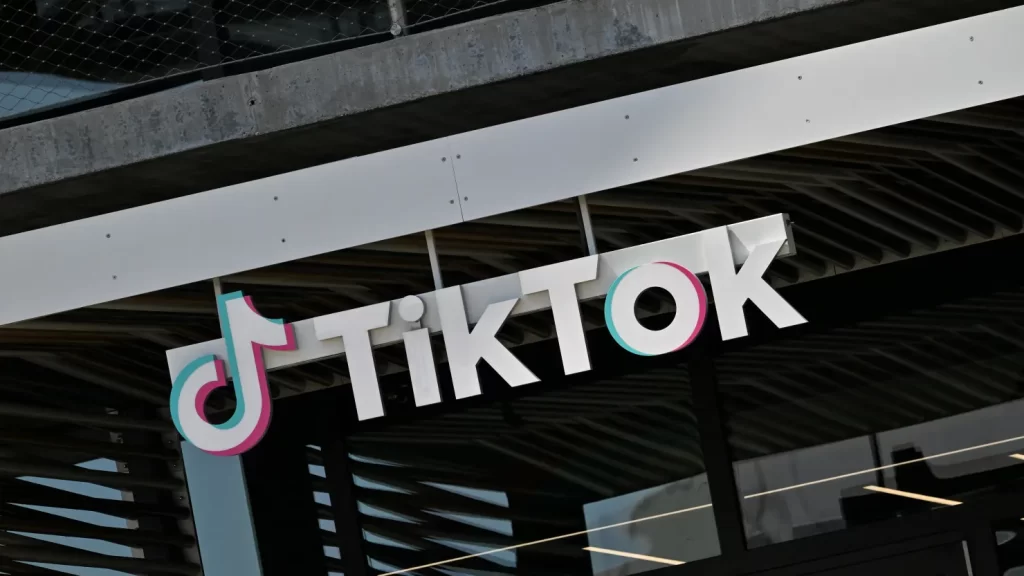EU Charges TikTok with Violating Digital Services Act Over Ad Transparency Failures
Source: F.M.I.E.
Key Highlights:
- The European Commission formally charged TikTok on Thursday with violating the Digital Services Act (DSA), putting its parent company ByteDance at risk of a fine amounting to up to 6% of global revenue.
- The EU’s preliminary findings accuse TikTok of failing to publish a complete advertisement repository, a requirement under the DSA that helps researchers and the public identify scam or misleading ads.
- TikTok also allegedly did not disclose essential information about advertisements — including who paid for them, which users were targeted, and the content being promoted.
- The DSA, which took effect to regulate online platforms more strictly, aims to ensure greater transparency, user safety, and accountability in digital advertising and content moderation.
Details:
The European Commission launched its investigation into TikTok in February 2024, and its formal statement of objections marks a major escalation in the EU’s efforts to enforce the DSA against global tech firms.
“Transparency in online advertising — who pays and how audiences are targeted — is essential to safeguarding the public interest,” said Henna Virkkunen, the EU’s technology chief, in an official statement.
TikTok, owned by Chinese tech giant ByteDance, has not yet issued a public response and did not immediately reply to F.M.I.E.’s request for comment.
This is one of two ongoing DSA-related investigations into TikTok. The second probe concerns the platform’s handling of election-related risks, including content moderation, misinformation, and algorithmic accountability.
The Commission noted that before any final decision is made, TikTok has the right to review the evidence, access the case documents, and submit a written defense.
The case highlights the increasing scrutiny facing major social media platforms in the EU, as regulators ramp up enforcement under the newly implemented DSA framework designed to create a safer and more transparent digital ecosystem.
Source: F.M.I.E.

